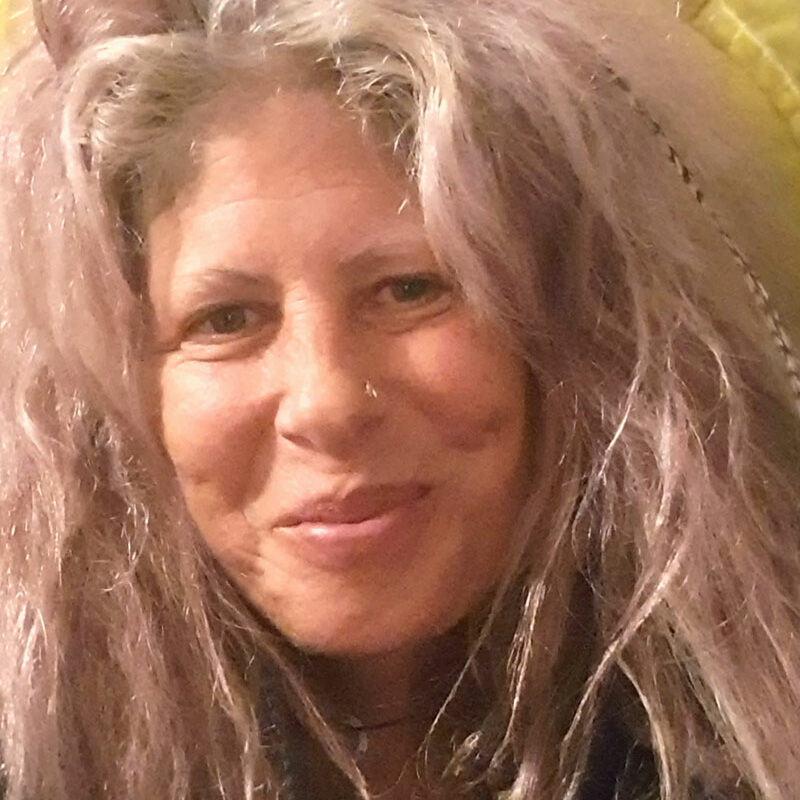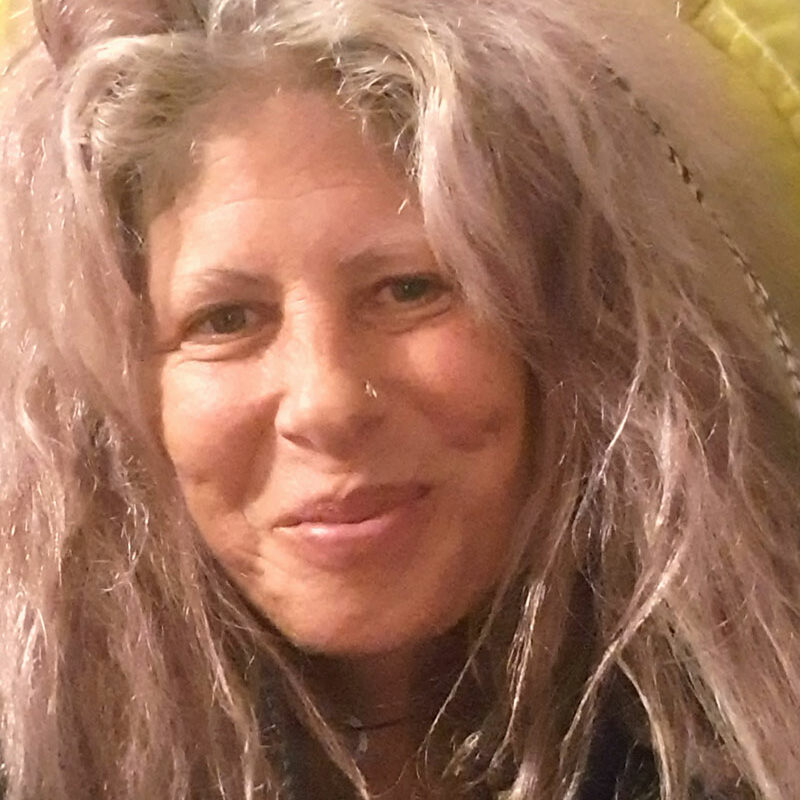A deep, creative and transformative process, which supports you through your holistic awakening journey and individual personal health revolution
Talking About Bacteria
22/02/2018//Comments Off on Talking About Bacteria
Talking About Bacteria
22/02/2018//Comments Off on Talking About Bacteria
‘Talking About Bacteria’ by Rowena J Ronson and Nigel Summerley
RJR: I work with a fair amount of people who have an absolute fear of germs. It manifests for them in obsessive behaviour such as debilitating hand-washing regimes and elaborate ways of visiting public toilets without touching them with bare skin. And yet our cells are only 10 per cent human. The rest are BACTERIA. What do you make of all of this?
NS: I’m not clear about the ’10 per cent human’ claim. Do you mean that only 10 per cent per cent of each individual cell can be described as ‘human’? It seems a bizarre claim. But if the gist of it is that bacteria are a vital part of the make-up of the human body, then, yes, that seems to be the case. Without a healthy bacteria population in the gut, we are at risk of all sorts of problems. And an unhealthy, unbalanced bacteria population can lead us into all sorts of problems.
RJR: I am currently immersed in a book entitled ‘Gut’, an international bestseller by a young German researcher and writer, Giulia Enders. It is a wonderful read and one that I thoroughly recommend. She speaks of the sterile environment of our womb experience, a time where all our nourishment is gently and thoroughly cleansed through our mother’s rich flowing blood. When the time is right, nature purposefully pushes us through mother (and mother nature’s) birth canal, where millions of microbes are waiting for their opportunity to enter the open mouth of the traveller. It is those microbes that form the microflora that create immunity in the young child. This is why those born without the natural birth privilege and through C-section miss out, and can often be frequently ill at the start of their young lives. Our vast array of microbes is responsible for our health on every level.
NS: Yes, a natural birth should be a guarantee of a baby getting a proper start with its gut flora. And gut health is now being recognised as having strong links with many conditions, including depression, insomnia, low libido and Parkinson’s disease. The bacteria in our gut really do seem to be very much in charge of us and how we feel. It may feel as though they are separate from us – but to a great extent they ARE us, aren’t they?
RJR: They are indeed. So should this change one’s thoughts or fears about ‘germs’?
NS: I think so. Research on the Hadza people – some of the few real hunter/gatherers left on Earth – has shown that their guts have a completely different bacteria population. They pick up and absorb bacteria from soil, plants and animals. They lack some of the bacteria that we see as ‘good’ and have a lot of bacteria that we see as ‘bad’. But they appear not to suffer from the chronic diseases so prevalent in the West. Their gut flora appear to be perfectly in tune with their surroundings and with their health needs. We, on the other hand, are probably way out of sync. Can you relate this to what you see in practice?
RJR: I am not sure what you mean about their lacking of what we would consider as ‘good’ bacteria. Could you explain more about what you mean? As I understand it, the health of our gut flora depends on the food we eat, as well as how natural a life we lead in terms of lack of medication interference. If we use protein pump inhibitors to lower acid in our bellies, or take antibiotics for infections, our micro-biome will be altered considerably. If we eat without variety, that too can have a detrimental affect. Taking probiotics unnecessarily can also damage our gut flora. There are functional medicine tests that can identify how healthy our gut flora actually is, if you are prepared to give up a stool or two… and then you can get the right guidance on how to correct your imbalances.
NS: The evidence suggests that what is good for the Hadza (in their gut) would not necessarily be good for us (in our gut) and vice versa. The important thing seems to be to have gut flora that are in tune with the environment in which we live. The Hadza live in a completely different environment to us. Having said that, they seem to have gut flora that is fully in tune with where they live; whereas we tend to have gut flora that is in tune with our environment only in that both our guts and our environment are mostly in a parlous state. It sounds as if examining our stools is the only way to find out what is really going on with us. And when we have that information, can we address imbalances simply through adjustments to our diet?
RJR: Through adjustments in our diet, and our lifestyle (reducing stress), and through using supplements where necessary, yes.
NS: The gut is often referred to as the body’s second brain – it really does run and dictate so many factors related to health and disease. But is there also a brain within that second brain, ie the gut flora? Don’t they, much of the time, dictate what we/they want us to consume? And when they are out of balance, do they not lead us into eating and drinking things that are really not good for us?
RJR: I think the gut might well be called the second brain because of its flora. The majority of the body’s serotonin is made by our gut bacteria – and serotonin is known for making us feel good emotionally. Our gut flora is also what keeps our immune system working properly. So when we eat sugar, for example, we create imbalances in our gut flora, as the ‘bad’ bacteria start to take over, as well as the yeast. And when we are out of balance, we start to crave foods that create even more imbalance and a vicious circle ensues. This is where education and empowerment come in…
NS: The gut bacteria demanding to be fed sugar are quite powerful, aren’t they? They presumably have no special interest in the gut flora being in balance and their host being healthy? How do you persuade someone to (perhaps radically) change their diet in order to ‘take back control’ (to use a contemporary cliche) of their body and their health? Is it as difficult as getting an addict to stop taking drugs or smoking or drinking alcohol?
RJR: Really powerful!! Sugar is so addictive, way more so than cocaine – and you don’t see cocaine advertised absolutely everywhere you look. I recently spotted large bags of Maltesers being sold next to the tampons in Boots in St Albans. We are all being so manipulated! Whenever I have anything sugary in the house, it seems to have a mind of its own – and a voice too – calling me into the kitchen! It’s clever stuff! But I wouldn’t say it is our gut bacteria that are demanding sugar. The content of our gut is what we make it, as it depends on the food that we eat as to what bacteria live in our bellies. If our bacteria are out of balance, let’s say after antibiotic use, our yeast will tip into overgrowth, and they do crave sugar. If we eat a sugar-filled diet, I guess we will attract gut bacteria that thrive on sugar, so they might well crave it. How does one persuade someone to change their diet? Through education and empowerment.
NS: Education and empowerment make sense of course. I still think the bacteria are very often in control – but you are right in that it is our own responsibility to ‘discipline’ them – and get things back into balance. Basically, we are being almost force-fed stuff that makes us ill – and then asked to contribute to cancer research! Education and empowerment are worth so much more than ‘research’ into questions that we already have the answers to. It’s just that those answers are deliberately kept from us, and we need to make some effort to see them.
RJR: I totally agree. What do our readers think?


